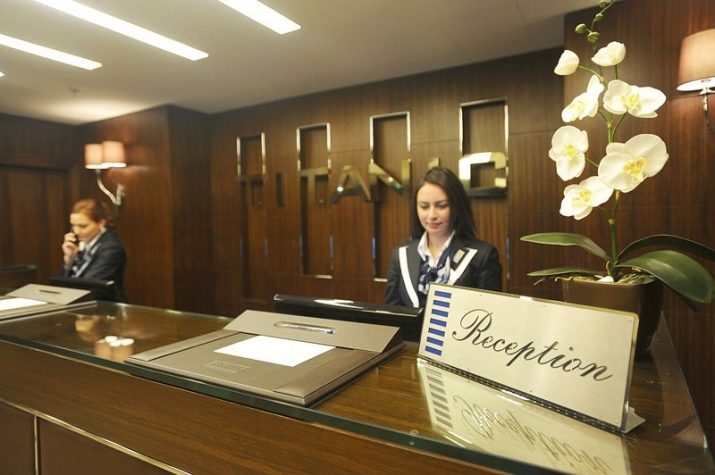Who is a guide and how to become one?
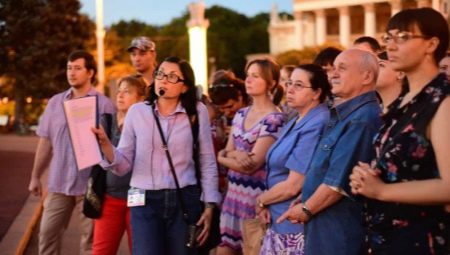
The profession of a guide is not as simple as it might seem at first glance. This is not only interesting, but also difficult work that requires maximum responsibility from a person. What advantages and disadvantages this profession has, its varieties will be discussed in the article.
Pros and cons of the profession
A guide is a person who accompanies the excursion group during trips and hiking trips. This is quite an interesting and exciting, but at the same time, a difficult profession, which, like all others, has both advantages and disadvantages.
Let's start with the advantages of being a guide. First of all, this is the absence of boredom and routine at work. Do not confuse a tour guide with a museum guide, who often has to conduct the same excursion several times a day. The guide can himself draw up tourist routes for his clients, if desired, periodically make adjustments there.
This profession also helps a person to make friends and acquaintances, because it involves compulsory communication with other people. And in some cases, working as a guide also gives you the opportunity to practice in foreign languages, as sometimes you get a chance to communicate with their native speakers.
Plus, such work will largely contribute to the development of a person's outlook and memory, because in order to be a guide, you need to know a lot of facts about certain places.
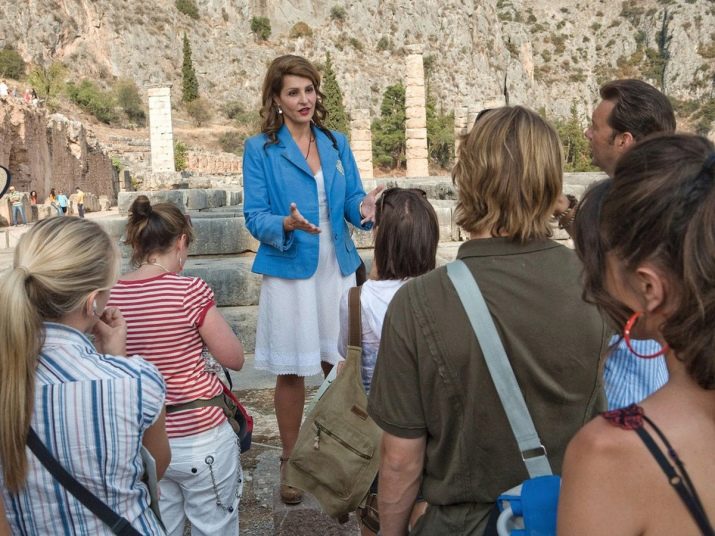
This profession also provides an excellent opportunity to travel, spend a lot of time outdoors and constantly move, which has a beneficial effect on health. In addition, the work of the guide is highly appreciated, and therefore the payment for it is decent. Plus to this there is the potential for opening your own business related to tourism.
Now let's talk about the disadvantages of the profession. One of them is the complexity of the profession. A person who decides to become a guide must have endurance, because he will have to work literally at any time of the day or night, in any weather, regardless of whether it is raining outside or the sun is beating down. Of course, no one will forcibly force a person to conduct a tour, however, how high the wages will ultimately depend on the quantity and quality of these same tours.
At times the guide has to skip one meal or another, most often breakfast or lunch. Sometimes a specialist simply cannot dine with the tourists he accompanies, since at this time he has to deal with issues related to organizational issues, as well as solve problems that have arisen - for example, look for lost or lagging group members.
The guide should also be in a good mood at all times, at least in the workplace. From the side of tourists, a variety of questions can pour in, stupid and not very, sometimes they are very tactless and irritable, but you cannot answer them rudely. The guide must communicate with clients in a friendly and welcoming manner, so that they have only positive emotions from the excursion. Therefore, we can come to the conclusion that for uncommunicative people who are not always ready for social contacts, such a profession is hardly suitable.
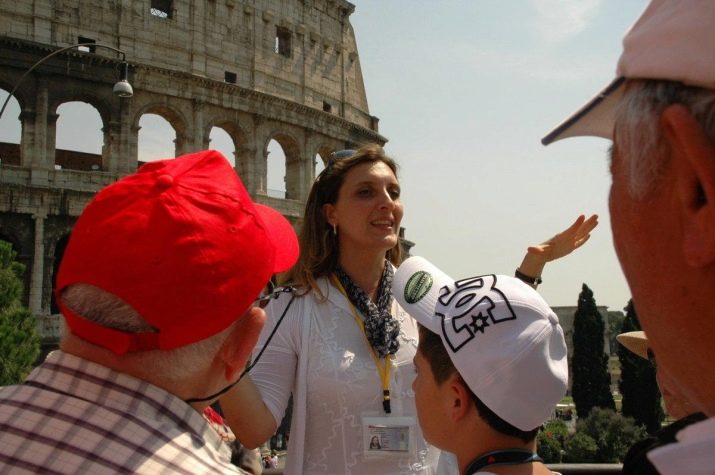
Another big drawback is responsibility. It is the guide who is mostly responsible for the safety of their clients, for their health. But sometimes even adults tend to behave recklessly and undisciplined, and therefore it is quite difficult to control them.
It is imperative to note one more drawback, which will be the most significant on the list - this is the seasonality of the profession. Often, the main peak of activity of tourists who require excursion services falls on holidays or summer days. Further, you can observe a decline in activity. At the same time, as a result, the demand for guides and their salaries are falling.
The place where a person with such a profession plans to work has a great influence on the salary of a guide. So, if a person wants to carry out his activities somewhere “in the outback,” that is, in provincial towns, then one should not expect high earnings. When working in large cities, where there is a large number of tourists, as well as in foreign countries, the salary often increases significantly. In addition, the work of the guide is, in general, difficult.
Such a specialist has to tell and say something all day, which noticeably affects the vocal cords. And sometimes the guide has to stay on his feet almost all day and visit excursion places with tourists, which is often simply exhausting.

Views
There are several types of the profession of a guide.
- For example, there is tour guide, which is engaged in acquainting people with the city and local attractions. There are guides-translators who, in general, carry out the same activities as ordinary tourist guides, but their main clientele is guests from abroad, and excursions for them are required to be conducted in a foreign language.
- Does the same and personal guidehowever, his responsibilities most often include conducting excursions for one person or a small group of people. In such a profession, of course, an individual approach is required to the client, however, they pay more for it.
- Accompanying guide Is a person who accompanies a tourist or a group of tourists who decide to travel to foreign countries.His responsibilities also include guiding excursions and familiarizing people with local characteristics and culture.
- There are also so-called transfermen - this is how they call another kind of the profession of a guide. The work of such a specialist is less related to tourism. His duties include meeting a person at the airport, assisting him in checking into a hotel or hotel, as well as escorting a person to the airport on the day of his departure.
- There is one more kind of profession - hotel guide... Such a specialist solves almost all the questions of tourists that are related to the hotel, helps with the check-in, deals with the problems that have arisen and answers customer requests. Such a guide, as a rule, is obliged to speak two or more languages, as he often has to work with tourists from foreign countries.


Responsibilities
A guide has many responsibilities. It is on his shoulders that the responsibility for planning the route lies. This lesson is not as simple as it might seem at first glance. It will not be enough to simply write down on a piece of paper all the most interesting places in the city to visit; they must be correctly distributed for the entire trip. That is, you need to estimate the distance between the required locations, find out the work schedule of the places planned to be visited, and then distribute the sequence of excursions. In addition to interesting sights, the guide making the route most often has to look for a nearby place where tourists can relax and dine.
Another responsibility is to study information about certain locations and attractions, as well as about the history of the city. You have to study it not superficially, but rather deeply, so that the story is more lively and interesting.
In general, problems with this rarely arise, since guides, as a rule, specialize in one particular area or on one route.
Often, the duties of a guide include not only conducting a sightseeing tour, but also a hike to specific places, museums, temples, galleries and other cultural locations. This also requires additional knowledge. However, sometimes the responsibility for conducting an excursion is transferred to a guide who works in the institution, and the guide at this time is engaged in solving organizational issues.
Besides, the duties of the guide include meeting the tourist group on arrival without delay, as well as ensuring the safety of people. That is, if a person from the group, for example, is lost or lagged behind, the guide will not be able to continue to lead the excursion until the lost person returns to the group again. This also includes the duty of the guide to be able to provide first aid and coordinate the actions of tourists in situations that are complex or emergency.
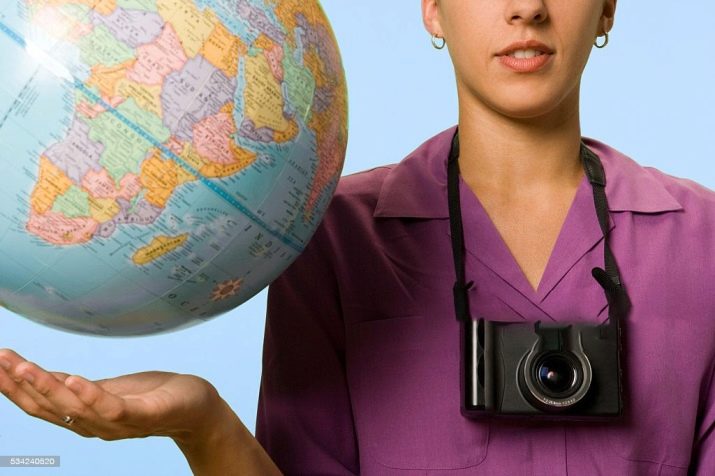
Primary requirements
Personal qualities
As mentioned above, a person who decides to be a guide must be sociable and sociable. Friendliness, tact, patience, the ability to win over people - this is only welcomed in this profession. Such qualities of a guide in many respects have an impact on the impression that tourists will be from the trip.
Artistry, good diction and the ability to convey information are also important qualities for a person in this profession. The guide should interest the tourist, present the information so that it is perceived as something light and impressive, and not as a boring lecture at the institute. Otherwise, it is unlikely that you will have to wait for good reviews of your activities from customers.
The guide will also not be able to do without a broad outlook, curiosity, erudition and good memory. He must tell all the information about a particular place himself, without reading it from a piece of paper or phone. Of course, the information should be structured and consistent, otherwise the story is unlikely to be clear.
There is no need to talk about the punctuality and responsibility of the guide. If these qualities are absent, it is highly likely that a person will not stay for a long time in this area of activity.

Knowledge and skills
If we talk about knowledge, then a guide should have a lot of it - this is the main professional standard for such a specialist. At the same time, it is encouraged if a person has a desire to constantly expand his knowledge. Otherwise, a specialist may have difficulty in answering tourists' questions, which are sometimes too inquisitive. In addition, sometimes tourists may be asked to tell about a local attraction that is not included in the excursion plan, which may also make it difficult for a guide who does not have the necessary information.
That is, there will be little superficial knowledge for such work, you will have to deepen and constantly discover new information for yourself, a professional guide cannot do without this.
You may need to do a good job on your communication skills. For a guide, the ability to speak the same language with people, to negotiate with them is of great importance. This skill is also useful in order to resolve conflicts that have arisen for one reason or another, to get out of various, sometimes very difficult and awkward situations that arise quite often in this profession.

Perhaps a person planning to become a guide will have to attend public speaking courses in order to improve their speech, learn to speak clearly, confidently, coherently and without stuttering.
As already mentioned, the ability to provide first aid is also a must for a person who works in this area. This is due to the fact that the guide is responsible for the tourists.
Physical skills and good stamina are also essential for the guide. Without this, he will not be able to conduct excursions, which sometimes last a whole day and imply the need for constant walking.
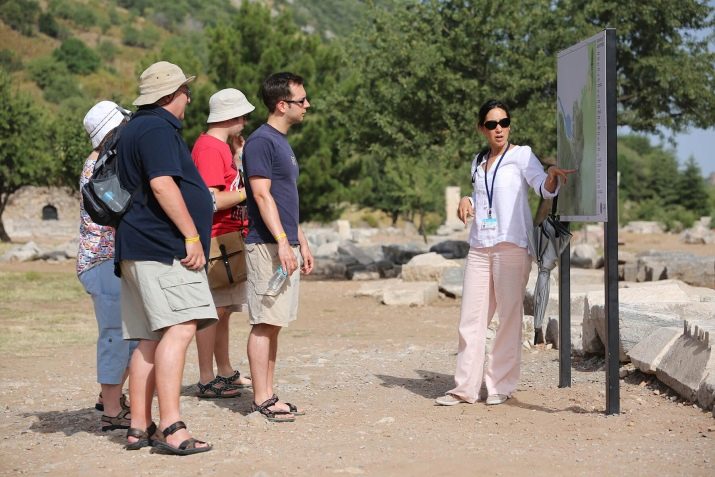
How to become a guide?
To become a guide on the territory of our country, first of all, you need to get an appropriate education, undergo an internship and pass exams in order to receive certification. It is recommended to back up your studies with courses, the duration of which, as a rule, is no more than 4 months. This will help you improve your knowledge, gain additional skills and increase your profile, which will have a beneficial effect on your competitiveness in the labor market.
In general, some people do not need to study at a university to obtain the profession of a guide; they only need to take special courses. However, this only applies to those people who already have higher education. If we are talking about schoolchildren who want to become specialists in this area, then they are advised to take a closer look at institutes or colleges that have areas related to tourism.
In the future, for the full implementation of their activities, it is necessary to pass an aptitude test and obtain accreditation, since without it it is unlikely that it will be possible to find a job and conduct excursions. Otherwise, you face a fine, which for individuals can reach 25,000 rubles.
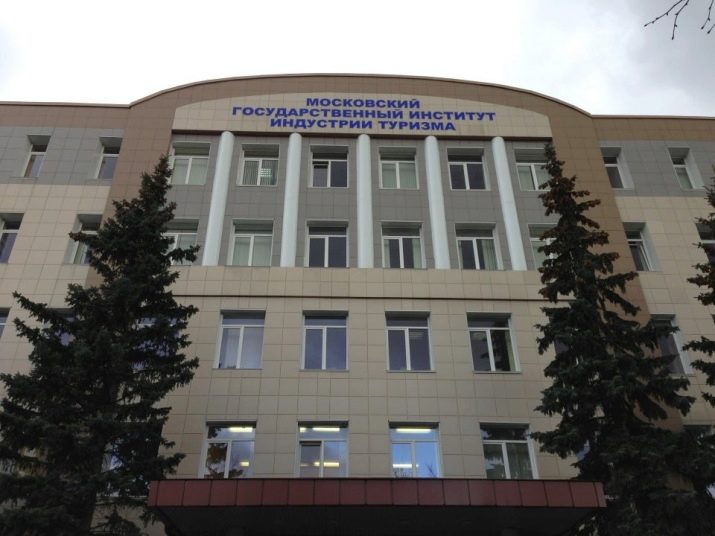
Having received accreditation, you will be able to carry out your activities. To do this, you can get a job in a travel company, hotel or work independently, offering your services on the Internet or in advertisements. In the first case, it will be a little easier to work, since you will not have to spend time looking for a clientele.
However, many want to become a guide only because they are attracted to work abroad. To carry out your activities in foreign countries, you will need to improve your knowledge of a foreign language and, possibly, pass additional exams. Next, it will be necessary to find an international travel company that specializes in excursions not only within the country, but also abroad.To get the opportunity to work as a guide in foreign countries, we recommend considering only those companies that are proven and well-established both within the country and around the world.
After finding a job, you will get the opportunity to work in different places, be it Turkey or any other country.

Place of work
The guide's place of work is travel companies, bureaus, agencies, and in some cases also hotels. Most often, it is there that young people who have recently graduated from the institute and do not have full experience in this field go to work.
People with no work experience who plan to pursue tourism-related activities may also consider employment in places such as museums, galleries and other cultural institutions. Probably, without work experience it will be even easier to get a job than in a good travel agency.
If we talk about guides who already have certain skills, have gained experience and clientele, they often decide to work individually, that is, for themselves, so as not to be dependent on the company. Some of them subsequently set up their own companies.
